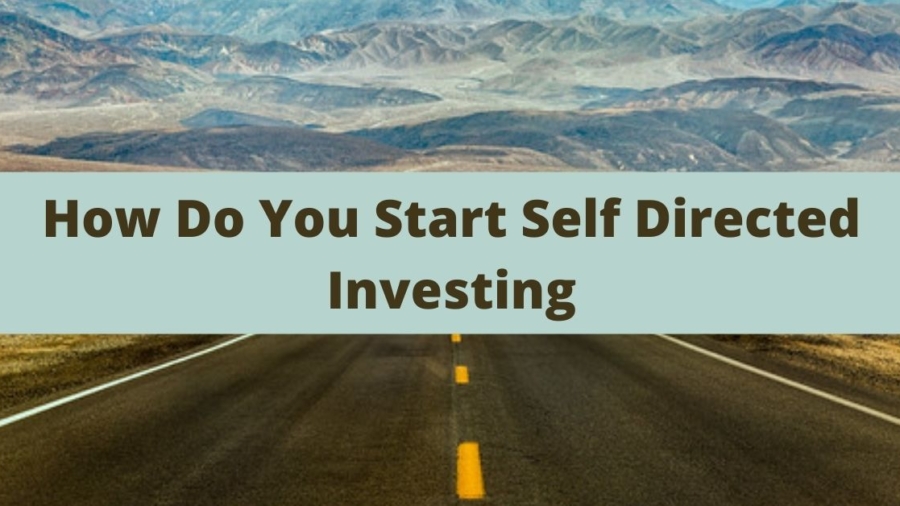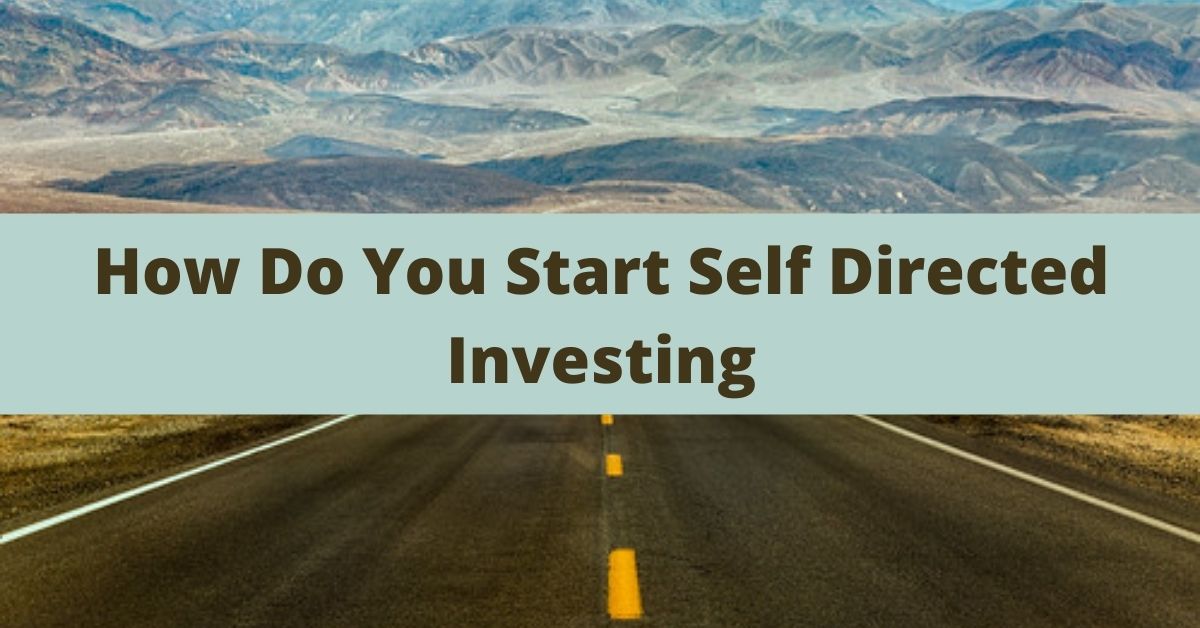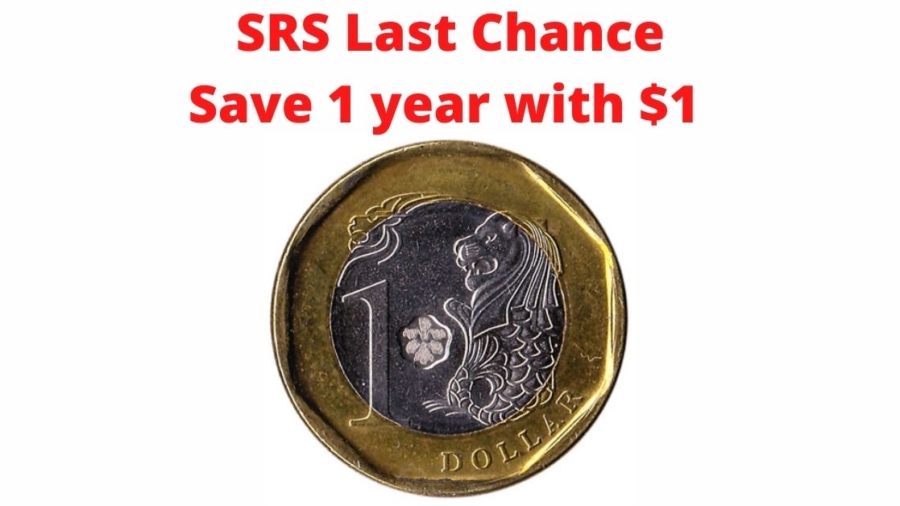I was hoping never to write this article because if you are here reading this, it could only means a few things.
- We are in a bear market
- You are in a long position with a possibility of being overleveraging
- You don’t have a system that prepares you for this scenario
Whatever the reason you are here, I think it is quite certain that we are experience a market that is downward cha-cha.
Disclaimer: It is anybody’s guess where the market is going to be. This should not be taken as a buy/sell/hold recommendation. Please consider your own context or approach a financial advisor for advise.

Despite the fear, bear markets are nothing new. To put everyone on the same page, a bear market occurs when major stock indexes like the S&P 500 fall 20% or more from their most recent peak. They’ve occurred 12 times since 1946, which is on average once every 8 years. Most pullbacks above 20% have been associated with recessions. Hence, with the perfect long storm, politicians all over the world are most concerned about recessions.
On average, a bear market is around 9.5months. This would mean most of us will live to tell the tale assuming we are not shaken out of our position (mentally or by margin calls).
As I get more and more about how to invest in a bear market, I hope this article will be able to share with you some bear market survival tips to prepare yourself for the weeks to come.
Bear market survival tips
#1: Avoid making impulsive decisions
This makes the top of the list. Emotionally, people don’t like to be wrong (whether temporary or in the long run). Hence, when they see their portfolio in the red, many people have the temptation to “reset” their portfolio. This is detrimental to your wealth management journey and it is just a “quick fix” of escaping the mental strain.
Stay calm is the key in bear and highly volatile markets. If your time horizon is decades away, the best thing to do is to invest as if nothing has changed. Let me give you an example of a $1000 investment in the S&P 500 between 1/1/2009 and 12/31/2018 (the last market crash).
- If you stayed invested the entire time, you’d have $2,775.
- If you missed the 10 best-performing days during that period, your account value would be $1,722.
- If you missed the 30 best-performing days in this 10-year period, you’d be left with $918.
I can’t emphasize how important it is to stay invested.
#2: Build your positions regularly over time
With dollar-cost-averaging (DCA), no thinking is really required. However, I recognized that it may not be easy. I saw friends who were excited about the recent bear market and have dollar cost average down the last few months.
However, they are all now NOT adding into new positions as the market is still going down. DCA is somewhat easy to say but not easy to execute consistently unless there is a system that is set up. Personally, I have averaged down on the China Market previously and it is still a bleeding position (Check out my latest SRS positions).
Time will tell. That being said, stay tune for my upcoming article: The pros and cons of dollar cost averaging.
#3: Change your strategy, diversify or play defensive
As a wealth manager, I realized risk management is something that I constantly address. If you’re still active in the markets and it is not working anymore, it might be time go passive with a lazy portfolio. If you find yourself taking too much risk, you might want to seek a more defensive portfolio.
Your current life stage might not allow you to take too much risk as compared to before. It is vital to re-assess your situation, your goals, your risk tolerance and discuss with a professional on your options.
#4: Go contrarian (Not recommended)
If you are a trader, you know better than to go against the trend. Consider taking a buy put options position to bet against a stock or ETF, this allows you to have a limited downside (as you are a buyer of the put option) and able to participate in the downward trending market.
WARNING: I have to emphasize that buying options is speculative. They may expire and be worthless if you do not have a game plan. If you are wondering what this is, do not do it.
Final Thoughts
Stay strong. This may be the pivoting moment in your investment journey. There are so many resources you can turn to nowadays to prepare for a bear market. You can consider what Warren Buffett is doing amidst the noises.
Definitely reach out if you need help. I will be more than happy to have a conversation with you.
Otherwise, please watch out for my next article: The Pros and Cons of Dollar Cost Averaging. [Update: The article is out!]
Chengkok is a licensed Financial Services Consultant since 2012. He is an Investment and Critical Illness Specialist. Wealthdojo was created in 2019 to educate and debunk “free financial advice” that was given without context.
Feel Free To Reach Out To Share Your Thoughts.
Contact: 94316449 (Whatsapp) chengkokoh@gmail.com (Email)
Telegram: Wealthdojo [Continuous Learning Channel]
Reviews: About Me
The views and opinions expressed in this publication are those of the author and do not reflect the official policy or position of any other agency, organisation, employer or company. Assumptions made in the analysis are not reflective of the position of any entity other than the author.













